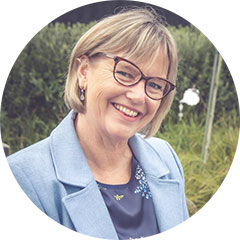
" data-"http://www.elite6.co.nz/wp-content/uploads/2019/04/Lucette-Hogg-Alama-Documentation-1-50x50.jpg 50w, http://www.elite6.co.nz/wp-content/uploads/2019/04/Lucette-Hogg-Alama-Documentation-1-66x66.jpg 66w, http://www.elite6.co.nz/wp-content/uploads/2019/04/Lucette-Hogg-Alama-Documentation-1-75x75.jpg 75w, http://www.elite6.co.nz/wp-content/uploads/2019/04/Lucette-Hogg-Alama-Documentation-1-100x100.jpg 100w, http://www.elite6.co.nz/wp-content/uploads/2019/04/Lucette-Hogg-Alama-Documentation-1-200x200.jpg 200w, http://www.elite6.co.nz/wp-content/uploads/2019/04/Lucette-Hogg-Alama-Documentation-1-230x230.jpg 230w, http://www.elite6.co.nz/wp-content/uploads/2019/04/Lucette-Hogg-Alama-Documentation-1.jpg 240w" data-sizes="auto" data-orig-sizes="(max-width: 240px) 100vw, 240px" />In my day-to-day interactions with other small business owners at networking and educational events, I often come across common sales and marketing mantras.
Some of them pique my interest and others make me squirm in my seat. Because let us be honest, we are talking about the sales and marketing of ME. It’s personal. I’m a one-woman band. There is no one else. It’s confronting, raw and emotionally risky putting yourself out there on the line. It’s hard enough without trying to be this other ‘professional’ person as well.
So there are two mantras in particular that are thrown around as fact and I notice people rarely question them:
-
Fake it until you make it and
-
be ‘authentic’.




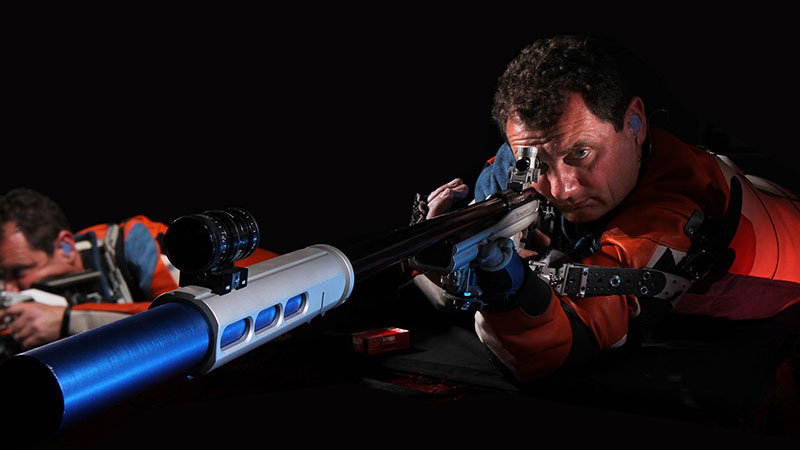
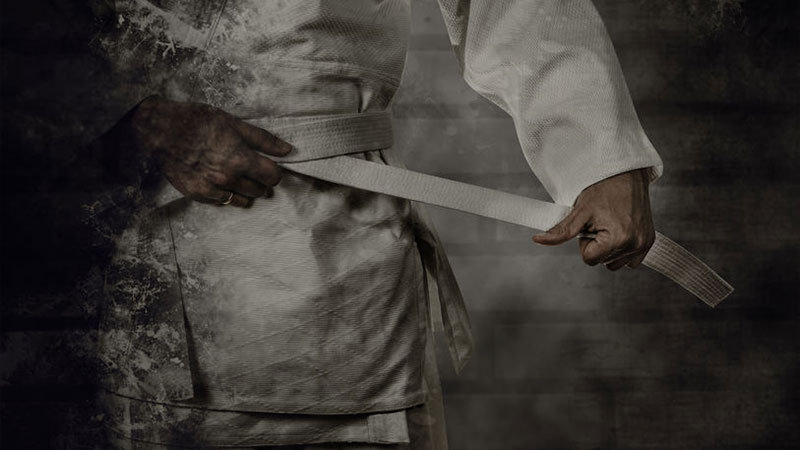


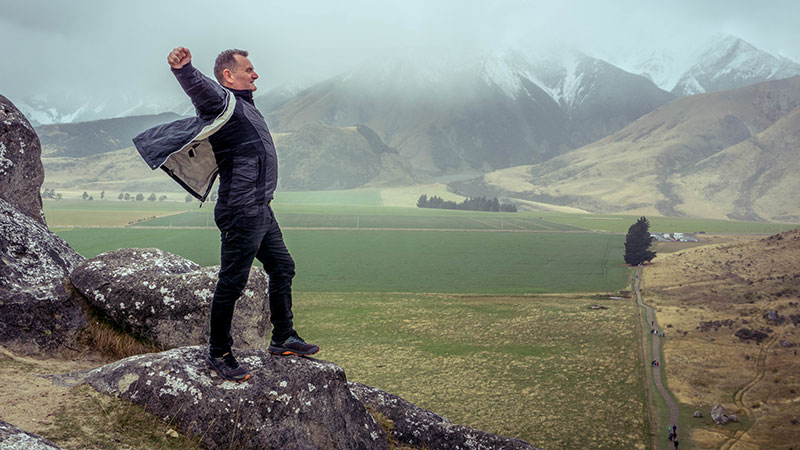


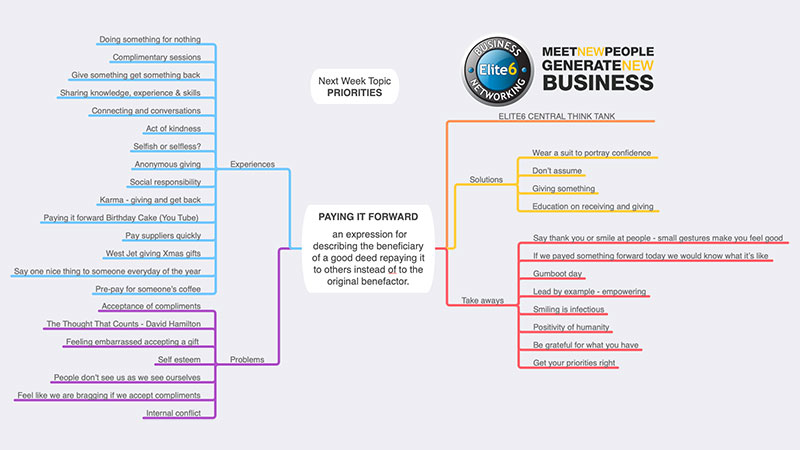
Leave A Comment
You must be logged in to post a comment.